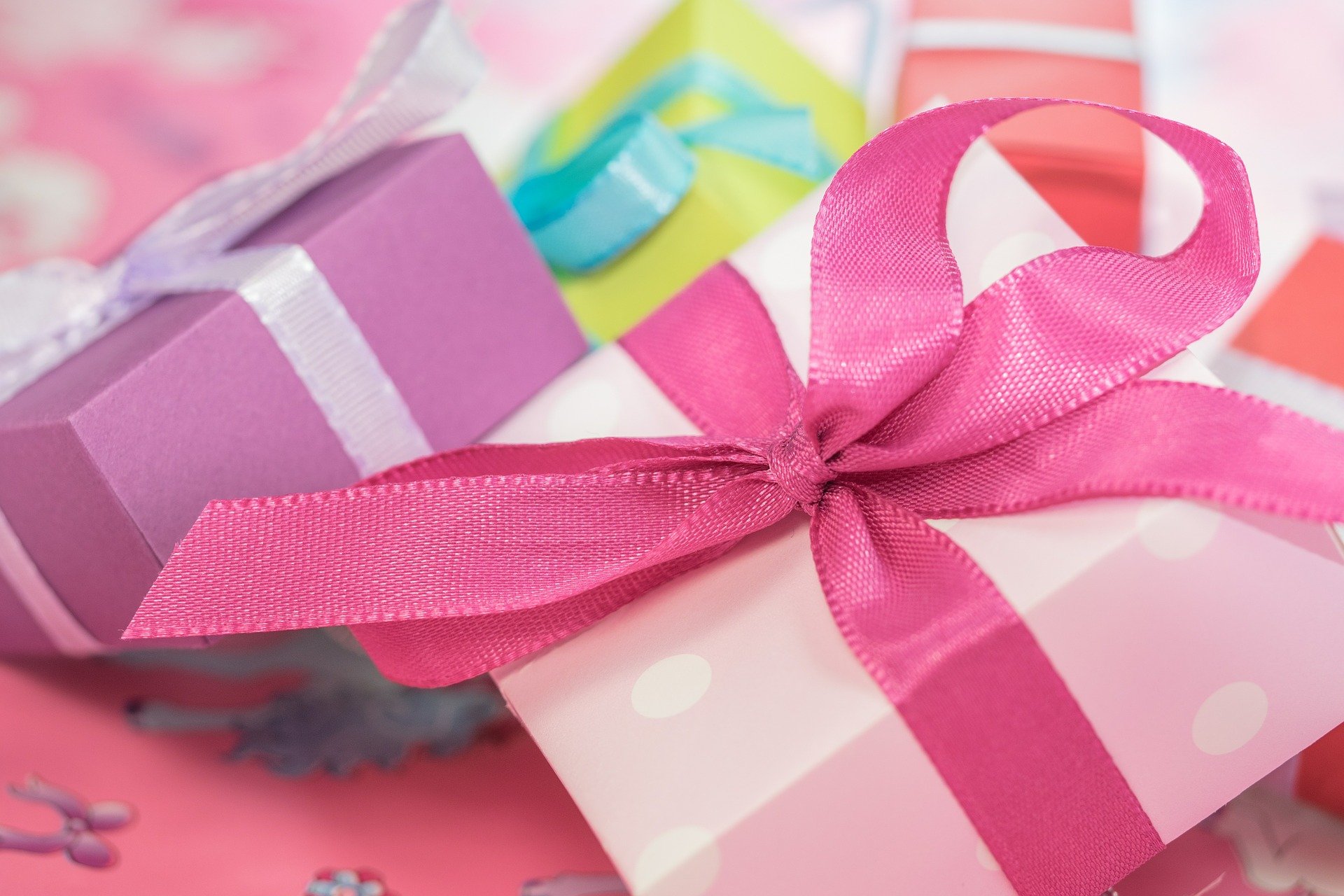The personalisation of gifts has boomed over the last few years. Everything from drinking glasses to sweet jars and suitcases with people’s faces on are available to buy as personal products. It’s estimated that the global market for personalisation will reach $31.6 billion by 2021. The growing gift culture is certainly helping to spearhead these predicted figures.
The use of mass customisation means businesses can produce on a large scale while satisfying a customer’s needs for individuality. One trend that is helping to drive the sales of personalised products is nostalgia. Retro sweets, jigsaw puzzles, personalised comic books and other forms of memorabilia are pulling at the heartstrings – and purse strings – of consumers across the UK.
Today, our focus is on the nostalgia trend and how it is helping to keep personalisation at the top of the list for in-demand products.
Out with the new, in with the old
In a study carried out by MarTech Series, feelings of nostalgia for US and UK internet users were analysed. They found that emotions triggered by throwbacks are common across all generations. 8 in 10 people saying they experience feelings of nostalgia at least occasionally, while 4 in 10 said they often do.
Reliving memories of childhood or teenage years was the top reason why consumers remember feeling nostalgic about something over the course of the last year. Personal memories also scored highly, as very few said they didn’t feel nostalgic when being reminded of a specific moment in time.
This is a good reminder that nostalgia is deeply personal and why it is being used to market products that have a retro feel and purpose.
Board games in bored times
As the UK has been adapting to a new way of living since the end of March, families have been thinking of ways to keep themselves entertained. As the novelty of quizzes ran dry, people switched to board games to pass away the time.
Recent research by toy sellers shows that searches for – and sales of – traditional toys and retro games skyrocketed over the summer. 90s board games have seen a sharp rise in popularity, with eBay seeing a rise in demand.
Searches for 60s game Mouse Trap increased by 136 per cent during June and July – compared to the same period last year. Scrabble, originally released in the UK during the 50s, saw an interest rise by 127 per cent.
Capitalising on the nostalgia boom, global online marketplace Etsy has a section on its website for custom board games. Here, people can buy classics like Monopoly but have the name of the game changed to ‘Thomasopoly’ or something to that effect. The beauty of having nostalgic products with a personalised touch is that they can be sold seasonally for holidays like Easter, Christmas, and also for birthdays.
A sweet touch of nostalgia
If you cast your mind back to June when Father’s Day was celebrated, a prime example of nostalgia and personalisation was used. Swizzles, who make classic sweets such as Rainbow Drops and Double Dip, created a letterbox-friendly hamper that allowed people to write a ‘thank you’ note – with the sweets and message costing £8.99.
It was a nice touch and a great example of how even a box full of sweets can carry a more personal feeling for the person receiving the present.
It looks like the craze won’t be slowing down. In the run-up to Christmas, Quality Street – one of the ultimate classics – is set to sell personalised pick ‘n’ mix tins via their online store.
Not only can you fill the tin with just your favourite chocolates, but you can also personalise the tin by changing the word ‘Quality’ ; for example, ‘Bradley Street’.
Ellie Dent, from Quality Street, said: “Quality Street is the number one seasonal brand, and we’re incredibly proud of that, but it’s also the perfect gift at any time.
“That’s why we are making it easier than ever to create and personalise your Quality Street experience.”
Swizzles and Quality Streetare just two examples of the growing trend for sweets and personalisation being mixed. With so many people starting their own sweet shop on social media, it will be interesting to see how far things can be taken.
When does the trend end?
In a digital age that includes social media, trends naturally come and go. But in the respect of nostalgia, it’s something that will always tap into human emotion, along with personalisation. People can become bored of seeing mass-produced items that offer no real connection to them or loved ones.
The facts and figures suggest that throwback products that offer a touch of ‘you’ will not blend into the background anytime soon. It looks like it will be more a case of ‘the trend is over, long live personalised nostalgia’ than one that ends up being an overnight craze never to be seen again.



 Bitcoin
Bitcoin  Ethereum
Ethereum  Tether
Tether  XRP
XRP  Solana
Solana  USDC
USDC  Cardano
Cardano  TRON
TRON  Lido Staked Ether
Lido Staked Ether  Avalanche
Avalanche  Toncoin
Toncoin